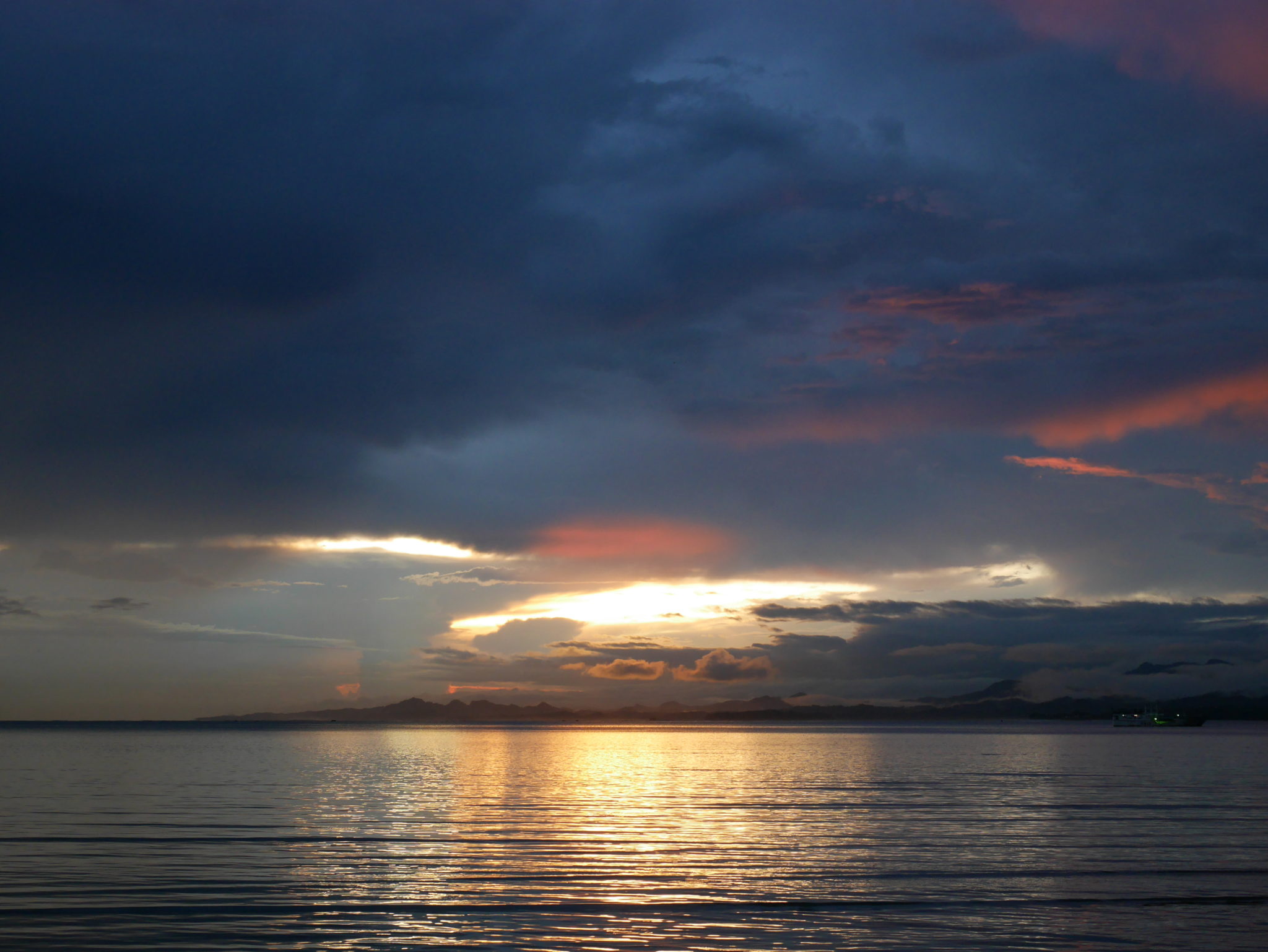Can you imagine needing to relocate your whole village to escape the sea? Your crops failing due to unpredictable rains, or the salt rising up into their roots? Can you imagine being daily, existentially affected by the already apparent impacts of climate change?
This is the reality for many living on the low-lying tropical island nations of Fiji, Vanuatu and the Solomon Islands. Despite having little industry themselves, they are some of the first to feel the impact of emissions from industrial countries elsewhere. It is here that climate adaptations are needed now, and it is here that our latest project is located.
Sensonomic is a proud partner in the £10 million, UK Space Agency funded CommonSensing project aimed at improving climate resilience in Fiji, Vanuatu and the Solomon Islands. As part of this project we will be creating tools to help decision makers adapt agricultural systems to climate change. This will include land cover and land use maps and a scenario analysis tool for future agricultural relocation, expansion and investment.
Land Cover and Land Use maps
Land cover and land use maps will be generated from satellite imagery using machine learning techniques to categorise land types. They will provide in-country decision makers with an up-to-date overview of how land is used across their islands, allowing them to assess what is at risk from rising sea levels. By combining automated image classification with manual ground-truthing, we will be able to extend this classification even into remote outlying islands.
These maps will also form one input to our scenario analysis tool, allowing us to pinpoint where agricultural areas are located.
Decision support tools
The focus of the rest of our work will be in Fiji, where we will help to support decision making related to agricultural productivity. Food security is an important issue for the country, and the government is taking steps to lower Fiji’s reliance on imported food. However, this push for greater productivity is against the back drop of decreased yields from sugar cane, ageing coconut plantations, and increasingly unpredictable weather. There are also complex issues of land rights arising with sea level rise and cyclone damage leading to over 200 villages, and their associated smallholdings, having applied to be relocated.
We will apply our unique agent based modelling techniques to create reactive and adaptive maps of agricultural areas and the associated infrastructure. This will assist decision makers in assessing where it is safe and sensible to expand agricultural lands into, where to invest in new supporting infrastructure (such as roads and processing facilities), and where relocated villagers will be able to farm. With our scenario analysis tool, decision-makers will be able to assess potential knock on effects of their decisions, and see how they stand up to predicted future hazards.
We will develop concepts for these products with input from Fijian stakeholders, to ensure that we are generating tools that are useful and practical.
One part of a cross-sector effort
Our work is just one part of a much wider, cross-sector effort from the CommonSensing project. Alongside enhanced food security, the consortium will also look at disaster risk reduction, enhanced resilience to climate change, and improved access to climate funds. The project is led by Satellite Applications Catapult and UNOSAT, and other partners are the MET Office, University of Portsmouth, Devex, Radiant Earth Foundation and the Commonwealth Secretariat.
Launches in Fiji, Vanuatu and Solomon Islands have just been completed (check out the CommonSensing twitter feed for all the coverage!), and soon our own Adam Formica will be heading to Fiji himself. It is brilliant to see this important project getting off the ground, and we are excited to see how it develops. Watch this space for more updates, and follow us on Twitter for more news!
PS. If you want to help us build our system and be part of this project, don’t forget that we are hiring! Check out the specification for the open role of Full-Stack Developer.
Comments are closed.


Recent Comments